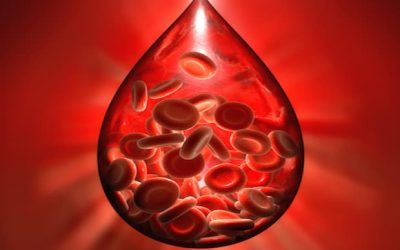GlaxoSmithKline has filed for approval of a subcutaneous formulation of its lupus drug Benlysta on both sides of the Atlantic.
Applications have been submitted in the US and EU seeking clearance for the drug’s use to treat patients with active, autobody-positive systemic lupus erythematosus (SLE).
In the EU, the drug, a human monoclonal antibody that selectively targets B-lymphocyte stimulator (BLyS), an important factor in the survival of B cells, is being targeted towards patients who have a high degree of disease activity despite standard therapy.
Benlysta is currently licensed for use intravenously as a one-hour infusion every four weeks; the submission for a subcutaneous version includes data from the BLISS-SC Phase III pivotal study, which assessed its use plus standard of care compared to placebo/standard of care in patients with active autoantibody-positive SLE.
“Lupus is a complex and debilitating disease, mainly affecting women of working age, and its symptoms and impact vary from person to person,” said Paul-Peter Tak, Chief Immunology Officer and Senior Vice President Research & Development Pipeline. “If approved, a subcutaneous formulation of Benlysta would provide an alternative approach to treatment administration, helping to address the individual needs of lupus patients.”
The company also separately announced that it has now filed its rheumatoid arthritis drug sirukumab with the US Food and Drug Administration.
GSK is trying to get sirukumab, which is being developed in partnership with Janssen Biologics, approved to treat adults with moderately to severely active rheumatoid arthritis who have failed or are intolerant to one or more disease-modifying antirheumatic drugs (DMARDs).
The drug is an investigational human monoclonal IgG1 kappa antibody that selectively binds with high affinity to the IL-6 cytokine, a naturally occurring protein that plays a role in autoimmune conditions, filed with EU regulators earlier this month.









